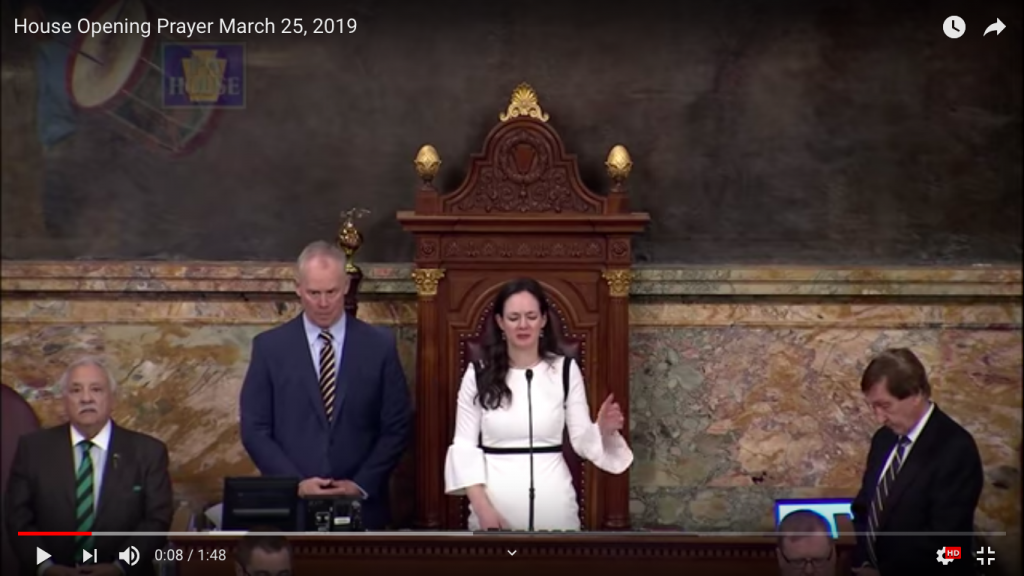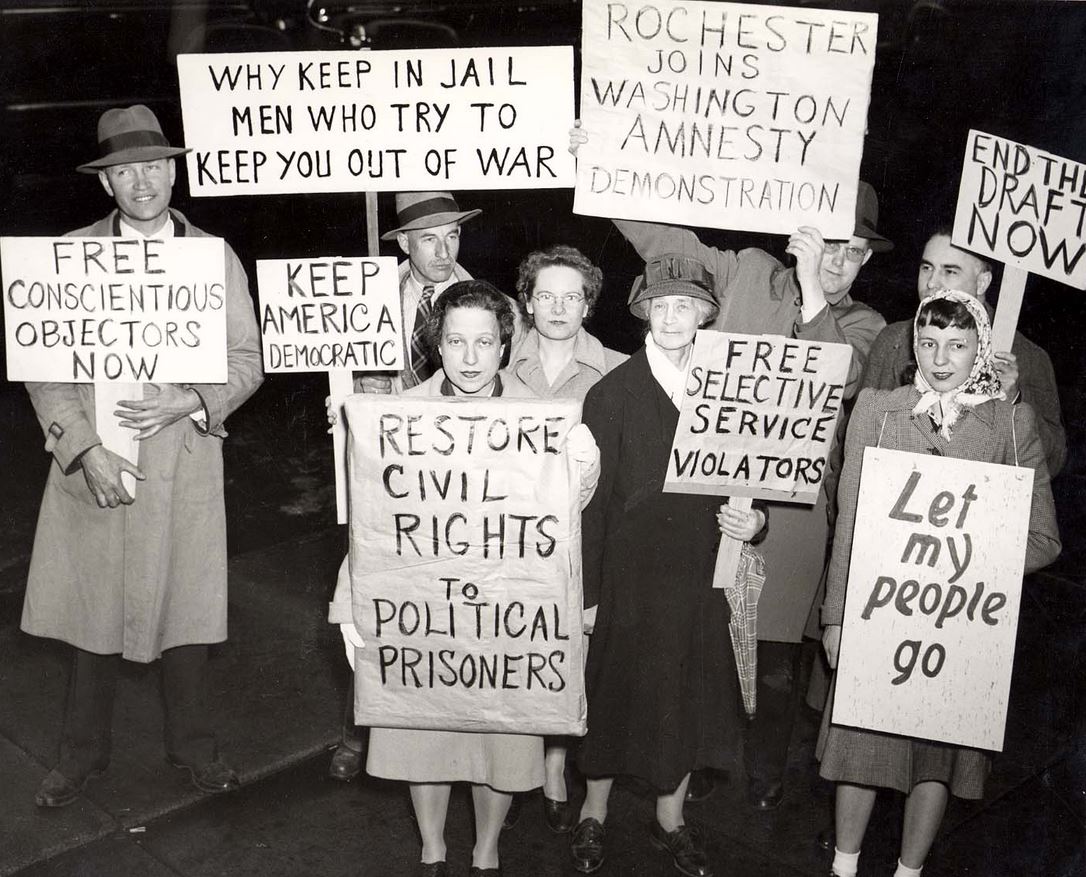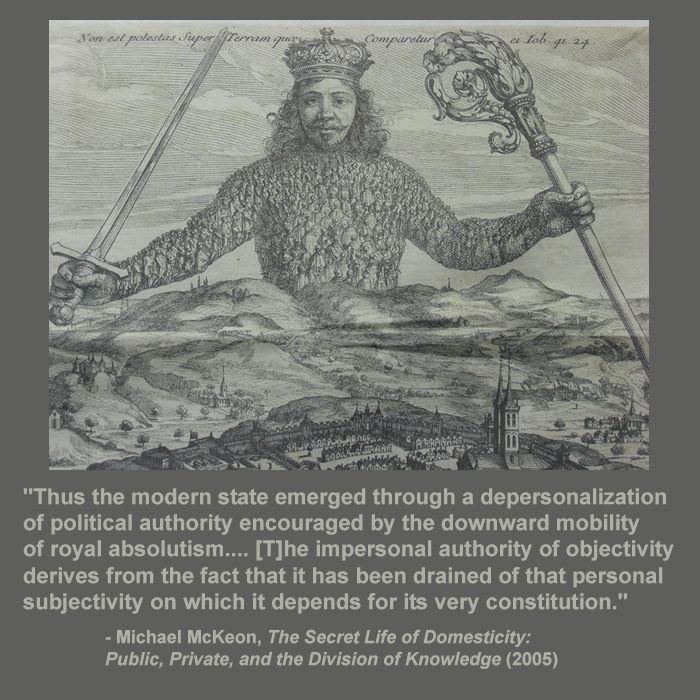Is prayer always a form of supplication, intercession, or thanksgiving? Or can it serve other functions?

From the Pennsylvania Capital Star:
“A first-year member of the Pennsylvania House on Monday offered a prayer laden with political and Christian imagery shortly before the swearing in of the chamber’s first Muslim woman. Rep. Stephanie Borowicz, R-Clinton, said “Jesus” 13 times, “God” six times, and “Lord” four times, as Raging Chicken Press writer Sean Kitchen first noted on Twitter. She also expressed thanks to God that President Donald Trump “stands besides Israel” in a rambling, nearly two minute prayer. “Jesus, you are our only hope,” Borowicz said during the prayer. Borowicz delivered the prayer shortly before Movita Johnson-Harrell — the first Muslim woman elected to the General Assembly — was sworn in.”
See the full video here.




 In chapter 25 of Great Expectations, we read the following quote from Mr. John Wemmick, the clerk for Miss Havisham’s lawyer, Mr. Jaggers. In response to Pip’s question of whether his boss knows about his home life, where he gently cares for his aged father, Wemmick says:
In chapter 25 of Great Expectations, we read the following quote from Mr. John Wemmick, the clerk for Miss Havisham’s lawyer, Mr. Jaggers. In response to Pip’s question of whether his boss knows about his home life, where he gently cares for his aged father, Wemmick says: Are you following what’s now unfolding in the US state of Oklahoma? No? As just reported in
Are you following what’s now unfolding in the US state of Oklahoma? No? As just reported in  For scholars of religion this is just too rich an example not to grab hold of and ride as far as it will take us.
For scholars of religion this is just too rich an example not to grab hold of and ride as far as it will take us.  Put it down to sloppy reading, perhaps, or more likely early-adolescent titillation that causes one to skip ahead, read every third word, and hope that there’s pictures on the next page, but I admit that when I first got the technical specs on “where babies come from” — yes, from a book that my mom gave me and yes, there were tastefully drawn pictures with, wait for it…, anatomic precision — I was puzzled by why it was called “public hair.”
Put it down to sloppy reading, perhaps, or more likely early-adolescent titillation that causes one to skip ahead, read every third word, and hope that there’s pictures on the next page, but I admit that when I first got the technical specs on “where babies come from” — yes, from a book that my mom gave me and yes, there were tastefully drawn pictures with, wait for it…, anatomic precision — I was puzzled by why it was called “public hair.”  Need more data on how interior states and so-called private dispositions are actually products of prior, social, publicly observable and thus contingent situations that can be manipulated? Then have a listen to this recent
Need more data on how interior states and so-called private dispositions are actually products of prior, social, publicly observable and thus contingent situations that can be manipulated? Then have a listen to this recent  Read
Read